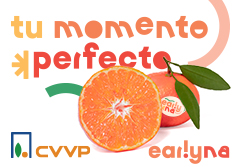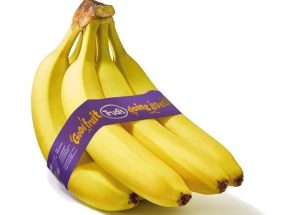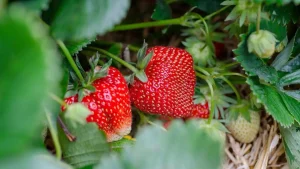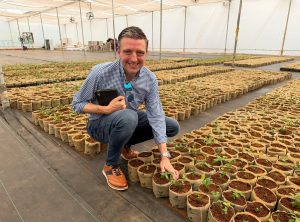The future European Packaging and Packaging Waste Regulations (PPWR) has caused serious unease in the agricultural sector due to the banning of packaging for fruit and vegetables. On a European scale, there are already precedents of national regulations that have been started on this point, such as the Spanish Royal Decree on Packaging and Packaging Waste that came into effect on the 1st of January this year, the AGEC Law published in France on the 11th of February, 2020, and the RD in Belgium to limit single-use plastic containers and promote recycling. The EU has issued detailed reports on the latter two and has formally asked the Governments to resubmit the provisions that anticipate aspects of the PPWR.
In another of the important producing countries, Italy, they have launched an active campaign to warn about the consequences of these types of Europe-wide steps and they point out the need to move towards the circularity model. And the fact is that in Italy they have been committed to a recycling system for many years that is working very successfully for all kinds of materials (paper, glass, plastic…). In the case of plastic, the Corepla (Italian national consortium for the collection, recycling and recovery of plastic packaging) recycles 10,000 t of PET plastic baskets and trays. In Italy, currently the average percentage of recycled PET in f&v baskets is 70%, according to EPD/ Pro Food. This is possible thanks to the extensive network that has been deployed around the country and to the investment in process specialisation. According to Giovanni Bellomi, the General Manager of Corepla, the consortium is the “only one in the world able to select and recycle 33 types of plastic.”
Yes to plastic waste free
During the latest edition of Macfrut, a debate was held on the impact that the European PPWR proposal would have on the fruit and vegetable sector if it is finally passed, as is foreseen, before the end of the current legislature of the European Parliament. Massimiliano Del Core, Chairman of Ortofrutta Italia, indicated that “we must say no to plastic free and yes to plastic waste free”.
At Pro Food (a group that brings together 14 Italian fresh food plastic container production companies, representing 70% of the production in their sector), they are criticising that the ban on packaging for fruit and vegetables is setting aside some very important points. Specifically, they defend the utility of plastic packaging, as it protects the contents, guaranteeing safety and hygiene for consumers, extending the shelf life of products and reducing food waste. It has the best cost-benefit ratio and it optimises all the processes on the value chain. They coincide with the Spanish sector on all these points and they also indicate, in their case, plastic packaging is recyclable and recycled.
Marco Omboni, a Board member of Pro Food, explained to Fruit Today that “if the PPWR is passed, virtually all fruit and vegetables will have to be sold loose and this will mean a greater environmental impact due to the food waste that it implies.” An aspect that is not insignificant and the reason is that, according to the 2016 EU Fusions Project, every year around 87.6 million tonnes of food are lost or wasted. A study by ARA (Altstoff Recycling Austria) affirms that although manufacturing plastic packaging causes more CO2 emissions (70g CO2/kg of fruit), its benefit in the reduction of food waste is much greater, as it prevents the emission of 350g CO2/kg of fruit.
Eliminating the packaging will not only cause greater food waste, “it will also damage the image of the produce, which will lose both the brand and the reference to the country of origin.” Omboni also indicates that according to the Mark Up Fruit and Vegetables 2012 study prepared by INCPEN (Industry Council for Packaging and the Environment), with regard to the energy used in the value chain to provide fresh fruit for a person during a week, only 8% corresponds to the primary packaging.
Omboni is surprised by the “lack of interest by the Spanish Government” by supporting legislation that eliminates packaging in general, not only plastic, but rather all the alternative materials and not defending the interests of the agricultural sector and the auxiliary industry, as the Italian Government is “clearly” doing.
Simona Caselli, Chairwoman of AREFLH, emphasised the pressure by ecologist NGO’s on the PPWR and although she affirmed that “undoubtedly the consumption of packaging in all sectors must be reduced (in 2040 each European will use 177 kg of packaging per year), the PPWR must be upheld by scientific studies and not excessive simplifications.”
Nazario Battelli, Vice-chairman of the Fruit and Vegetable Group in Copa-Cogeca, underscored the great damage that is going to occur to the fruit and vegetable sector and the disagreements already existing between the AGRI Commission and ENVI (The Environment) in the European Parliament.























